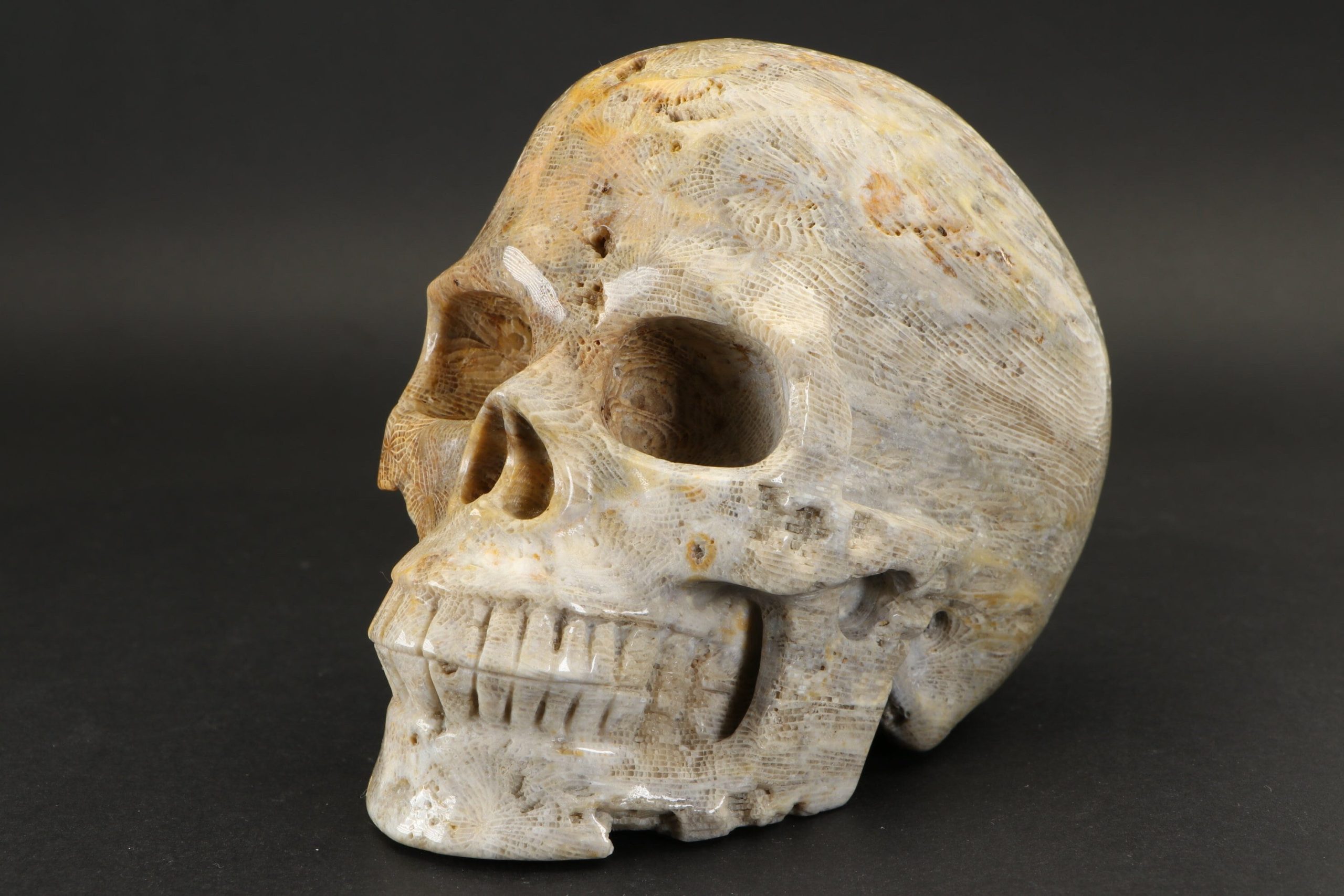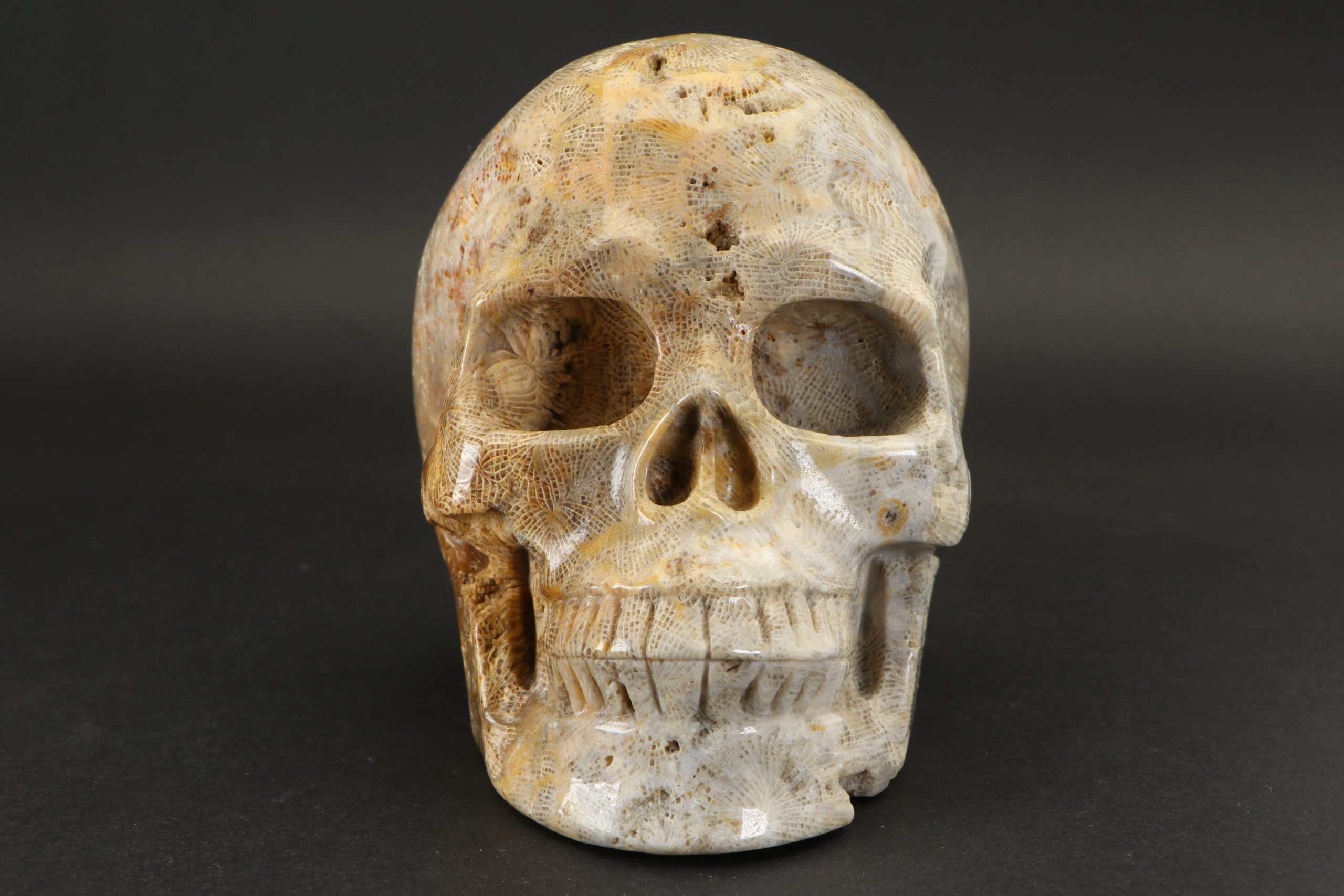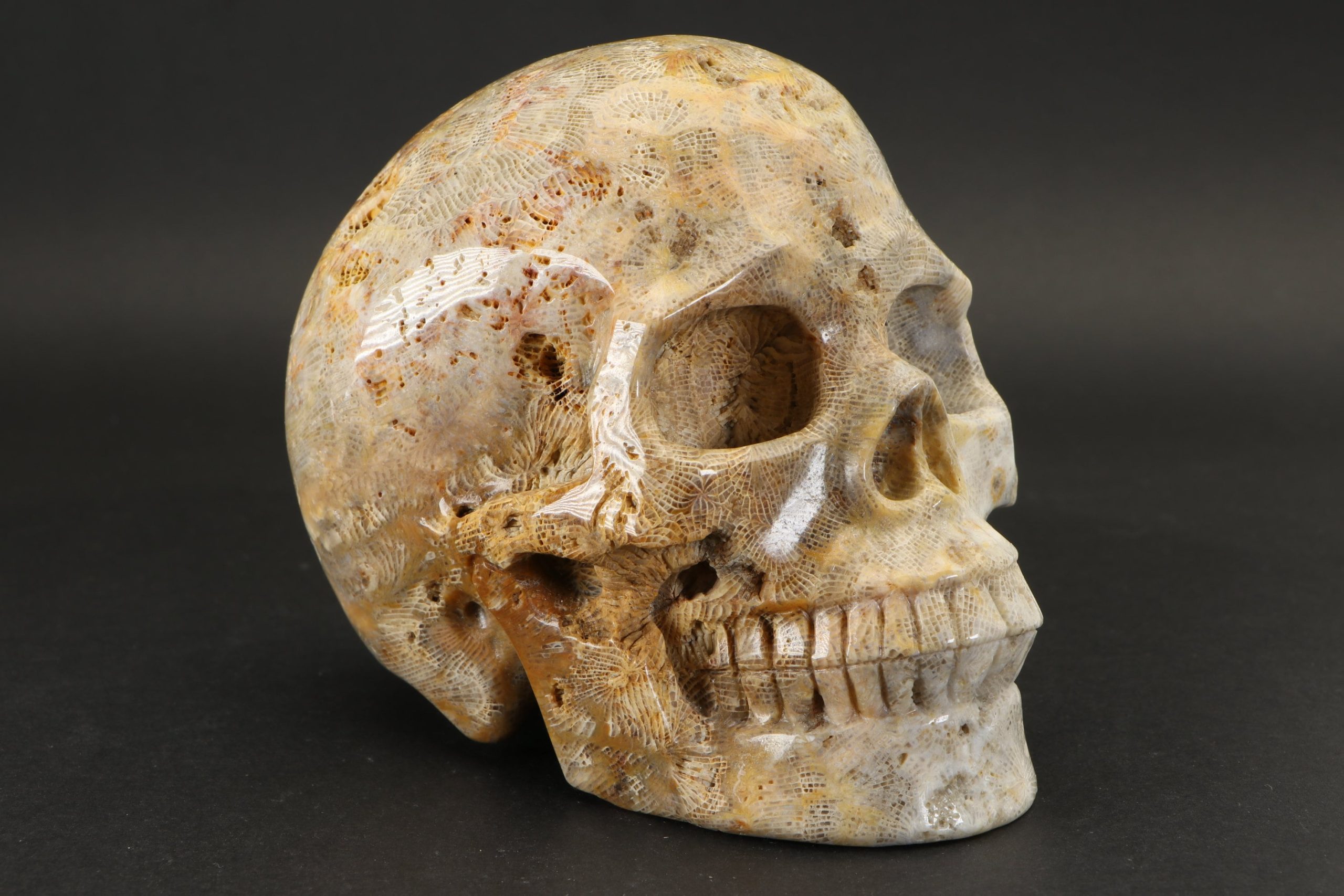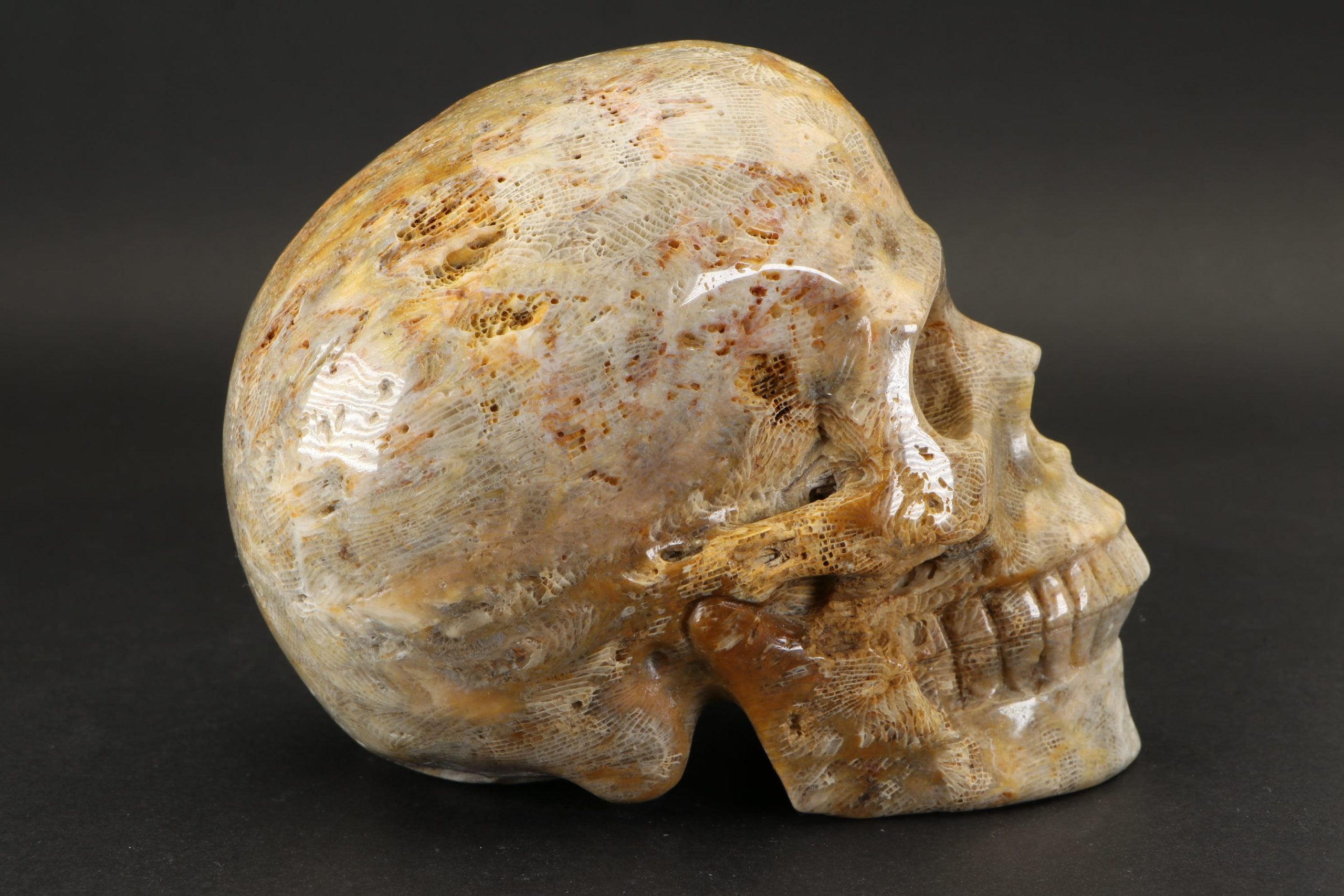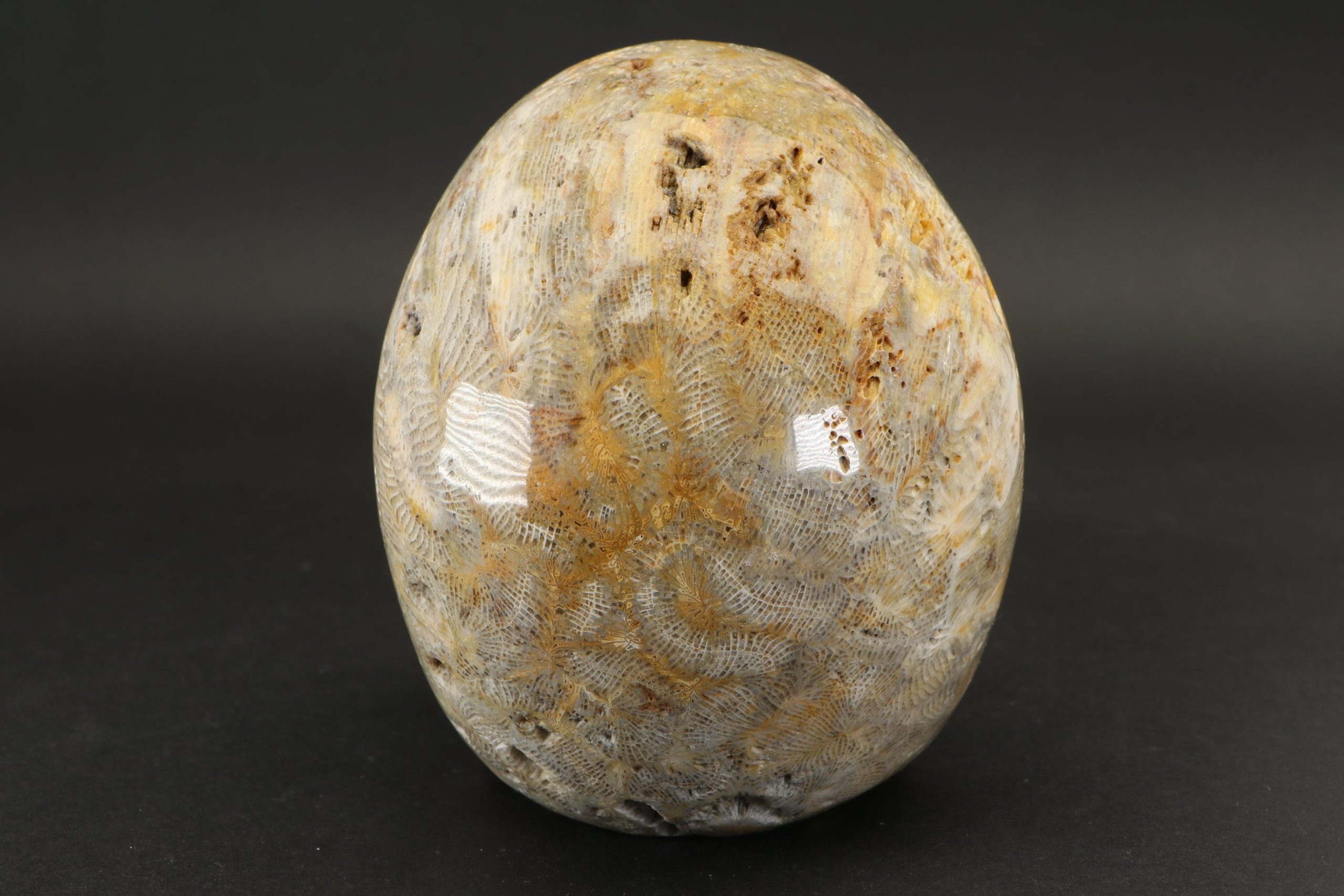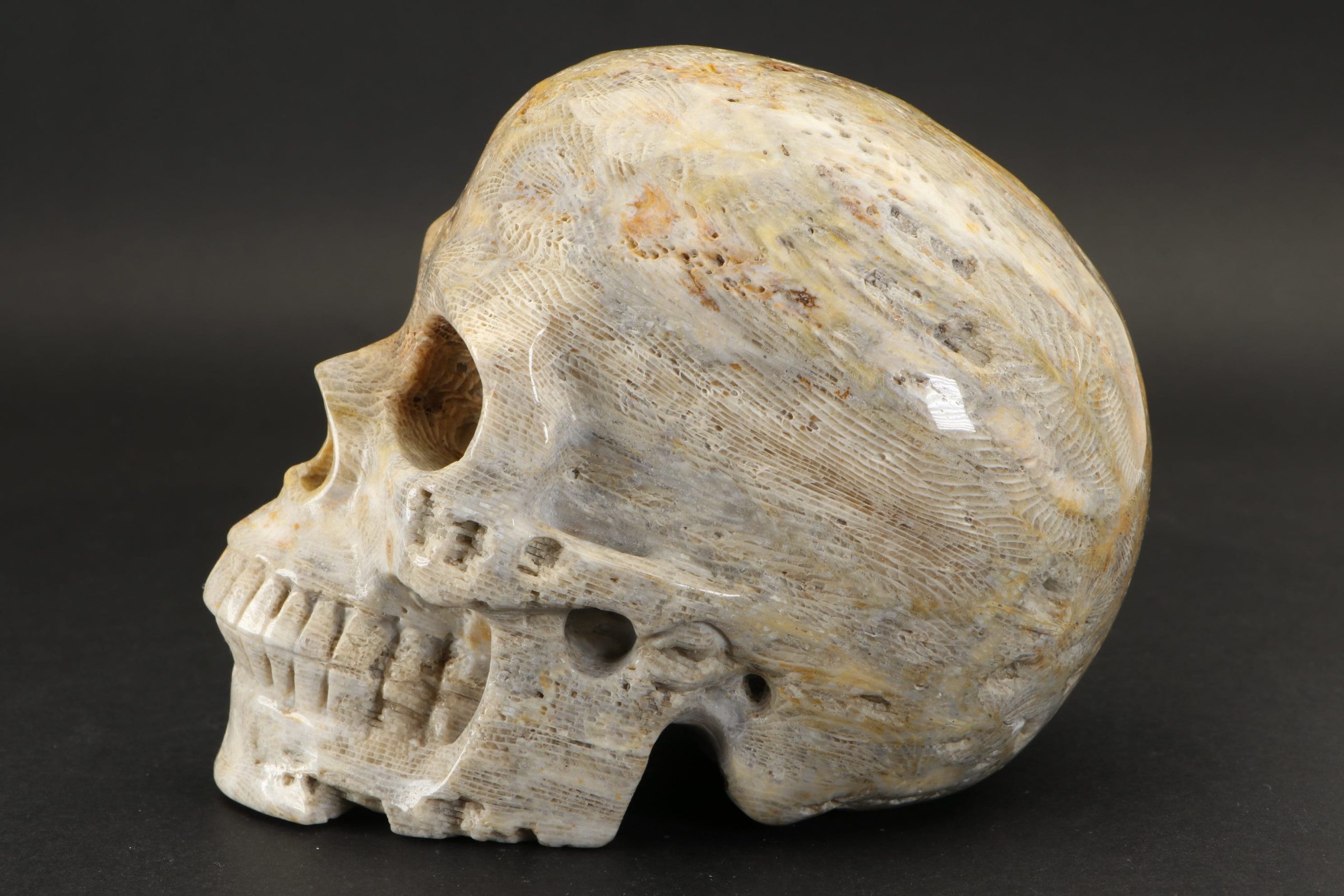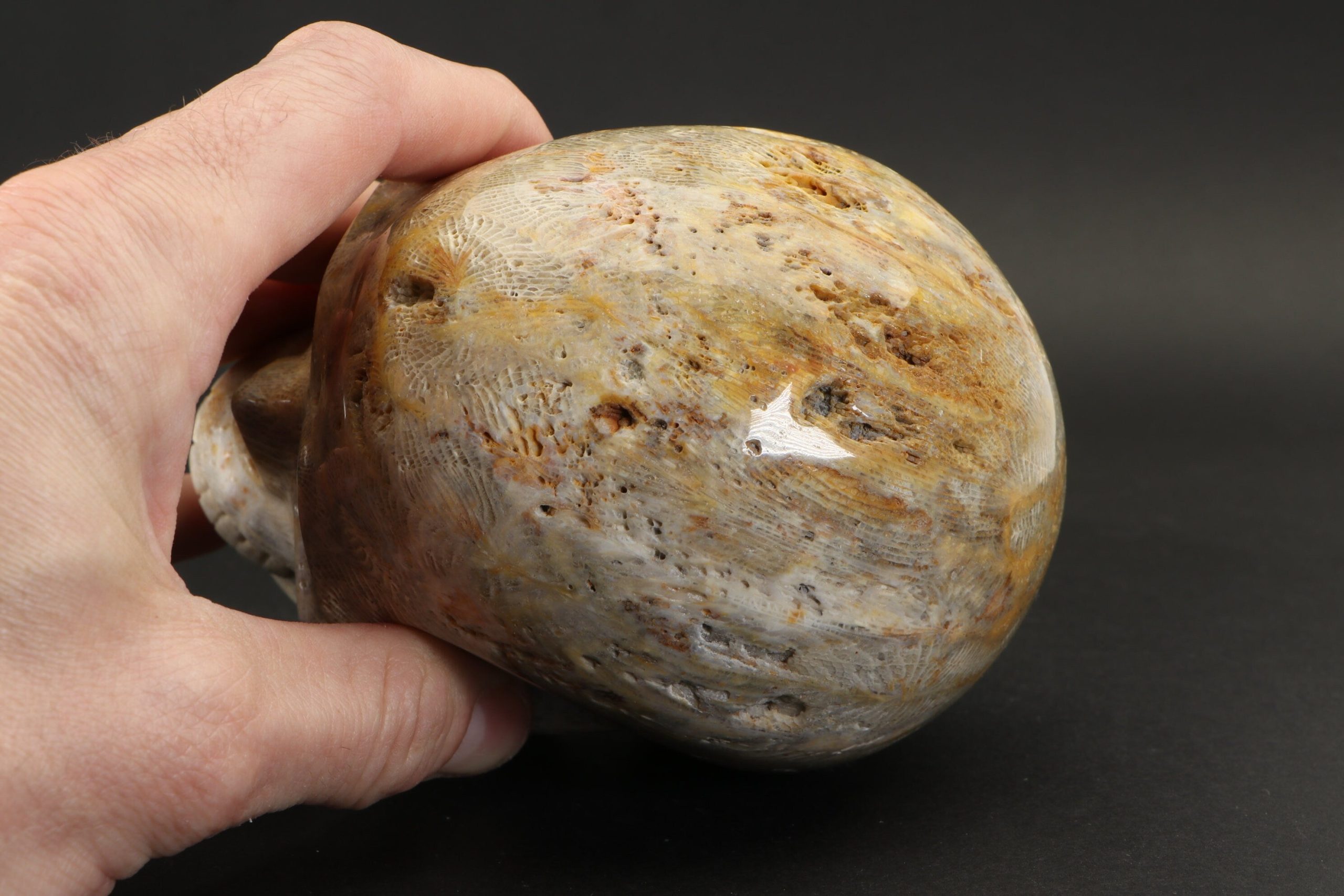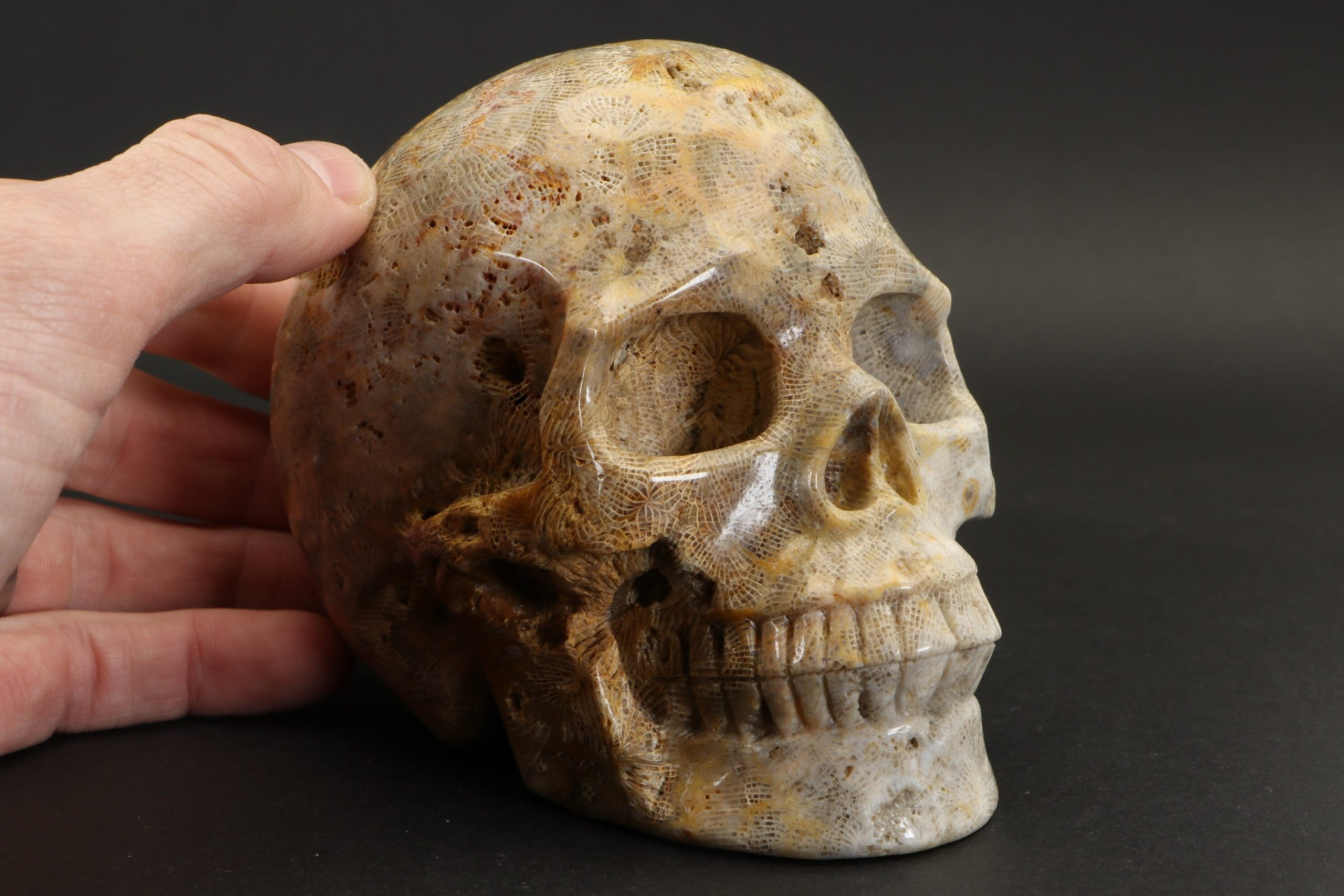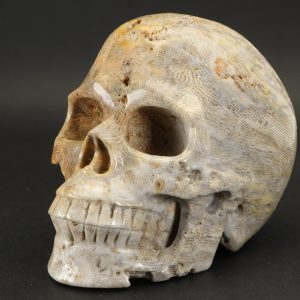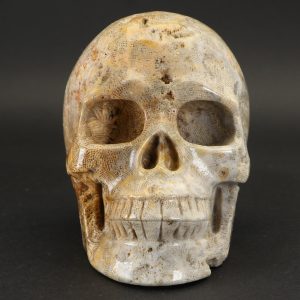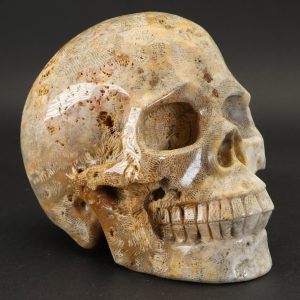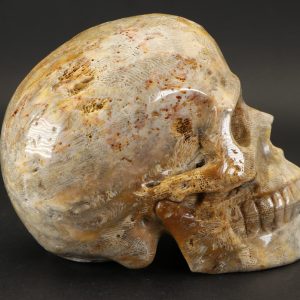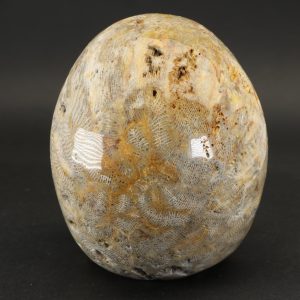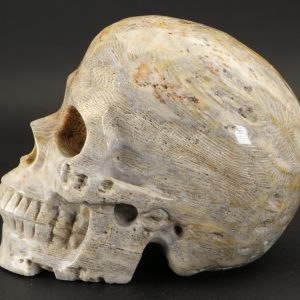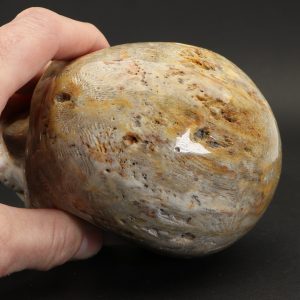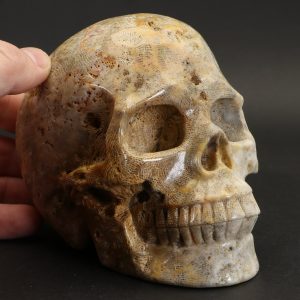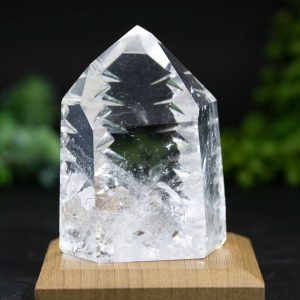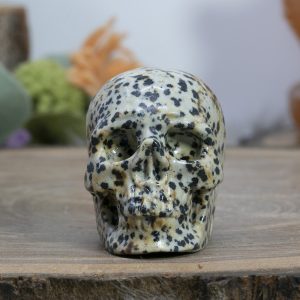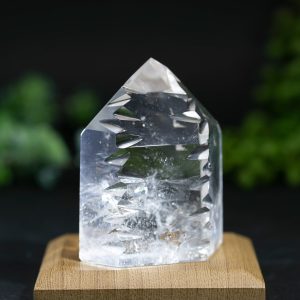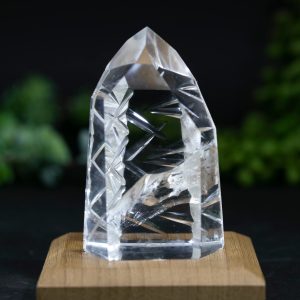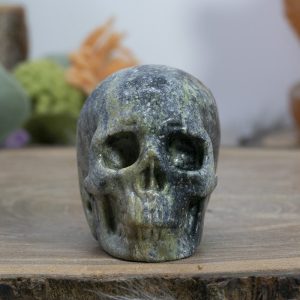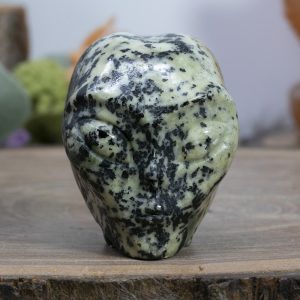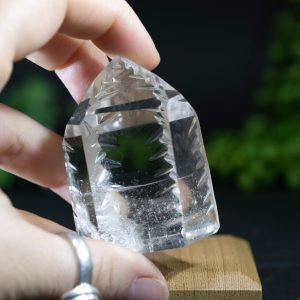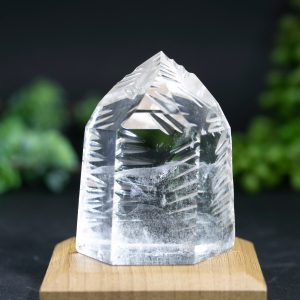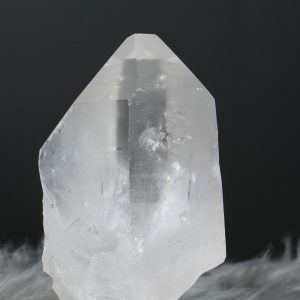- Little Lemuria Live Sales
- Frank #37
- Hot on Sale
- Ephemera
- Battery
- Main Categories
- Shungite cellphone magnets
- Pat #38
- #137
- For Sale
- Puff Wholesale
- Charger
- CBD
- Bass Flies
- Women
- Wayne #130
- #270
- #15
- DeezNutz
- Pipes
- Book
- Freshwater Streamers
- Long Beach Antique Mall
- #30 Sandy
- #323
- Adult Magazine
- Jars
- Dab Nail
- Body Care
- All
- Jason #32
- Masa #65
- Supply
- Vaporizer
- Water Pipes
- Kemetic Science Institute
- Saltwater Streamers
- Blouses
- Ed Economy #33
- #35
- collectible advertising minute timer
- Wraps
- Resin Pipe
- VD IMPORTS
- Tenkara Lines
- Linda Lu #8
- #41
- Online Hot Sale
- Magazine
- Vaporizer Coil
- Carb Cap
- Massage oil
- Dresses
- Art
- Rodney
- #120
- Glass
- Silicone Hand Pipe
- Kemetic
- Trout Dry Flies
- Sweatshirts
- Brooch
- collectible record used
- collectible pipe
- Dab Mat
- Candles
- STARWEST
- Replacement Parts
- Bob Chat #15
- #125 Ellen
- #64
- Ring
- Dab Rig
- Smoking Kit
- Ancestor Money
- Men
- Christine #16
- #24
- #125
- Silicone
- Lighter
- Seamoss
- Fly Tying Feathers
- Cleansers & Make up Removers
- Amanda #270
- on Sale
- collectible salt & pepper set
- Wick
- Bubbler
- Angel Brand
- Tenkara Rods
- Linda #9
- #70
- For Cheap
- Lighters
- Dugout
- Storage
- Rugs
- Pullovers
- Ashley #21
- #144
- #134
- Rolling Trays
- Grinder
- Herb
- Fly Tying Fur and Hair
- Decor
- Trina #7
- For Discount
- collectible license plate frame
- Vaporizers
- Scale
- New Wave Enviro
- Tenkara Accessory
- Steve Randall #1
- #323 Michael
- Online Sale
- Pocket Watch
- Dry Herb
- Space King
- Shampoo conditioner
- Coat
- #50 Dianne
- #1350
- #50
- Puffco
- Water Pipe
- Mint crystals
- The Fly Fishing Place
- Rocks & Fossils
- Teri #61
- Pottery
- #36
- Rolling Tray
- Rolling Tip
- Shea butter
- Norma Willis #137
- #12 Francisco
- Discount
- Eyeglasses
- Dab Tool
- Pins
- Books
- Shoes
- #119 Steve Toombs
- #77
- #44
- Afghan Hemp
- Rolling Paper
- Kemeticscience
- Nymphs
- Little Lemuria
- #46 Morgan
- #32
- Bracelet
- Nectar Collectors
- BDD Wholesale
- Capsules
- John Surface #134
- #120 Carole
- #119
- Belt Buckle
- Ashtray
- Storz & Bickel
- Fly Fishing Tools
- Sweatshirts
- #60 Cliff
- #16
- #12
- Rolling Papers
- Chillum
- Mystic Essence
- Nymph Flies
- Flashlights
- #35 Ann
- Cheap
- Hand Mirror
- Coil
- Glass Accessories
- Kemetic Science
- Bob #25
- #120 Elvis
- #25
- Playing Cards
- Domeless Nails
- Kratom
- Trout Wet Flies
- Accessories
- #22 Andrew
- Sale
- #65
- Benji
- Nectar Straw
- soap
- Trout Nymph Flies
- Gift Cards
- Ron #90
- #130
- Drinking Glasses
- Grinders
- Ash Catcher
- DIEGO
- Michelle #6
- Dave #26
- #22
- Necklace
- Blunt Wrap
- Nobilis
- Terrestrials
- Bags
- #36 Darcy
- Fashion
- #26
- Yocan
- Case
- African Imports
- Streamer Flies
- Pendant
- #23
- Online now
- photo
- Pipe
- Sticker
- OmImports
- #100
- #26 Dave
- #33
- Automobile Accessory
- Candle
- Sage
- Fishing Fly Assortments
- Accessories
- #58 Stan
- Online
- 100
- Alien Ape
- Rolling Machine
- Incense
- Gift Certificates
- Little Lemuria Live Sales
- Frank #37
- Hot on Sale
- Ephemera
- Battery
- Main Categories
- Shungite cellphone magnets
- Pat #38
- #137
- For Sale
- Puff Wholesale
- Charger
- CBD
- Bass Flies
- Women
- Wayne #130
- #270
- #15
- DeezNutz
- Pipes
- Book
- Freshwater Streamers
- Long Beach Antique Mall
- #30 Sandy
- #323
- Adult Magazine
- Jars
- Dab Nail
- Body Care
- All
- Jason #32
- Masa #65
- Supply
- Vaporizer
- Water Pipes
- Kemetic Science Institute
- Saltwater Streamers
- Blouses
- Ed Economy #33
- #35
- collectible advertising minute timer
- Wraps
- Resin Pipe
- VD IMPORTS
- Tenkara Lines
- Linda Lu #8
- #41
- Online Hot Sale
- Magazine
- Vaporizer Coil
- Carb Cap
- Massage oil
- Dresses
- Art
- Rodney
- #120
- Glass
- Silicone Hand Pipe
- Kemetic
- Trout Dry Flies
- Sweatshirts
- Brooch
- collectible record used
- collectible pipe
- Dab Mat
- Candles
- STARWEST
- Replacement Parts
- Bob Chat #15
- #125 Ellen
- #64
- Ring
- Dab Rig
- Smoking Kit
- Ancestor Money
- Men
- Christine #16
- #24
- #125
- Silicone
- Lighter
- Seamoss
- Fly Tying Feathers
- Cleansers & Make up Removers
- Amanda #270
- on Sale
- collectible salt & pepper set
- Wick
- Bubbler
- Angel Brand
- Tenkara Rods
- Linda #9
- #70
- For Cheap
- Lighters
- Dugout
- Storage
- Rugs
- Pullovers
- Ashley #21
- #144
- #134
- Rolling Trays
- Grinder
- Herb
- Fly Tying Fur and Hair
- Decor
- Trina #7
- For Discount
- collectible license plate frame
- Vaporizers
- Scale
- New Wave Enviro
- Tenkara Accessory
- Steve Randall #1
- #323 Michael
- Online Sale
- Pocket Watch
- Dry Herb
- Space King
- Shampoo conditioner
- Coat
- #50 Dianne
- #1350
- #50
- Puffco
- Water Pipe
- Mint crystals
- The Fly Fishing Place
- Rocks & Fossils
- Teri #61
- Pottery
- #36
- Rolling Tray
- Rolling Tip
- Shea butter
- Norma Willis #137
- #12 Francisco
- Discount
- Eyeglasses
- Dab Tool
- Pins
- Books
- Shoes
- #119 Steve Toombs
- #77
- #44
- Afghan Hemp
- Rolling Paper
- Kemeticscience
- Nymphs
- Little Lemuria
- #46 Morgan
- #32
- Bracelet
- Nectar Collectors
- BDD Wholesale
- Capsules
- John Surface #134
- #120 Carole
- #119
- Belt Buckle
- Ashtray
- Storz & Bickel
- Fly Fishing Tools
- Sweatshirts
- #60 Cliff
- #16
- #12
- Rolling Papers
- Chillum
- Mystic Essence
- Nymph Flies
- Flashlights
- #35 Ann
- Cheap
- Hand Mirror
- Coil
- Glass Accessories
- Kemetic Science
- Bob #25
- #120 Elvis
- #25
- Playing Cards
- Domeless Nails
- Kratom
- Trout Wet Flies
- Accessories
- #22 Andrew
- Sale
- #65
- Benji
- Nectar Straw
- soap
- Trout Nymph Flies
- Gift Cards
- Ron #90
- #130
- Drinking Glasses
- Grinders
- Ash Catcher
- DIEGO
- Michelle #6
- Dave #26
- #22
- Necklace
- Blunt Wrap
- Nobilis
- Terrestrials
- Bags
- #36 Darcy
- Fashion
- #26
- Yocan
- Case
- African Imports
- Streamer Flies
- Pendant
- #23
- Online now
- photo
- Pipe
- Sticker
- OmImports
- #100
- #26 Dave
- #33
- Automobile Accessory
- Candle
- Sage
- Fishing Fly Assortments
- Accessories
- #58 Stan
- Online
- 100
- Alien Ape
- Rolling Machine
- Incense
- Gift Certificates
Fossilized Coral Skull Carving TU2040 Online
$106.21 Original price was: $106.21.$53.10Current price is: $53.10.
28 people are viewing this product right now
Saving your money for next purchases
Delivery – when you want and anywhere
A huge selection of best products
Fossilized Coral Skull Carving TU2040
Coral Fossil Skull Carving
Approx. Dimensions: 5 x 3.5 x 4 inches
Approx. Weight: 1200 grams
Fossilized coral refers to the remains of ancient coral colonies that have undergone a process of fossilization over millions of years. Coral, which is a marine invertebrate organism, typically thrives in warm and shallow waters, forming intricate and vibrant colonies of polyps. Over time, when these coral colonies die, their skeletal structures can become preserved in sedimentary rocks, leading to the formation of fossilized coral. Fossilized coral holds valuable information about the Earth’s history, as it provides insights into the environmental conditions and ecosystems that existed during the time of its formation.
The study of fossilized coral has contributed significantly to our understanding of the Earth’s geological past and the evolution of marine ecosystems. By examining the composition and structure of fossilized coral, scientists can determine factors such as ancient sea levels, oceanic temperatures, and the presence of certain organisms. These insights help reconstruct past climate patterns and provide a glimpse into the biodiversity and ecological dynamics of prehistoric seas. Additionally, fossilized coral has proven to be an essential tool in dating geological formations, as different species of coral have distinct temporal ranges. The study of fossilized coral remains an important field of research, shedding light on the Earth’s ancient history and aiding our comprehension of environmental changes over vast timescales.
Follow us on Instagram @LittleLemuriaGems and join us LIVE every Friday and Saturday night!
$146.73 Original price was: $146.73.$73.36Current price is: $73.36.


$117.87 Original price was: $117.87.$58.94Current price is: $58.94.
Related products
2″ Dalmation Stone Skull Supply
2.5″ Fantasy Cut Lemurian BC780 Supply
2″ Dalmation Stone Skull Fashion
2.5″ Fantasy Cut Lemurian BC771 Online
2.75″ Fantasy Cut Lemurian BC768 Online
2″ Hiso Jasper Skull Fashion
2″ Hiso Jasper Starbeing Sale
2.25″ Fantasy Cut Lemurian BC758 Fashion
2.5″ Fantasy Cut Lemurian BC763 on Sale
3.5″ Lemurian Seed Crystal on Sale
You may add any content here from XStore Control Panel->Sales booster->Request a quote->Ask a question notification
At sem a enim eu vulputate nullam convallis Iaculis vitae odio faucibus adipiscing urna.

